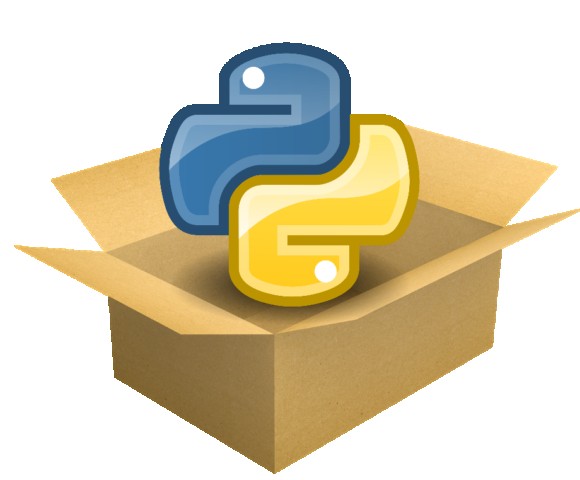In the ever-evolving world of software development, the ability to deploy applications across multiple operating systems without rewriting code is an invaluable asset. Python, a universally admired language for its simplicity and versatility, is no exception to this demand. But how can a developer transform a Python script, inherently platform-independent, into a standalone executable suitable for Windows, macOS, Linux, and beyond? Fortunately, several tools have risen to the occasion, bridging the gap between cross-platform coding and efficient software distribution. This article dives into some of the available solutions to create Python executables.
Creating a cross-platform executable from Python code means generating executables for different operating systems (e.g., Windows, macOS, Linux) from a single codebase. There are several tools available that can help with this. The best method often depends on the specifics of your project, but I'll introduce some of the most popular tools:
PyInstaller
PyInstaller reads a Python script, and it can generate a standalone executable for Windows, macOS, or Linux.
Installation: pip install pyinstaller
Usage: pyinstaller --onefile your_script.py
Cross-Compilation: For a true cross-platform build, you'll need to run PyInstaller on each target platform or use something like a virtual machine or Docker. PyInstaller does not support cross-compilation (e.g., building a Windows executable from Linux).
cx_Freeze
cx_Freeze is a set of scripts and modules that freezes Python scripts into executables.
Installation: pip install cx_Freeze
Usage: First, create a setup.py script for your project:
from cx_Freeze import setup, Executable
setup(
name="YourAppName",
version="0.1",
description="Your app description",
executables=[Executable("your_script.py")]
)
Usage: python setup.py build
The executable will be in the build directory.
Nuitka
Nuitka is more of a Python compiler than a freezer. It translates Python code into C and then compiles the C code into an executable.
Installation: pip install nuitka
Usage: nuitka --onefile your_script.py
Cross-Compilation: Nuitka supports cross-compilation, but it's a bit involved. You'll need the appropriate cross-compilers for the target platform.
PyOxidizer
PyOxidizer is a modern utility that works by embedding a Python interpreter into your app, resulting in a single binary. It's designed to be more efficient and offers advanced features.
Installation & Usage: Detailed in its documentation. PyOxidizer requires Rust, as it's built on top of it. PyOxidizer's workflow is more involved because it's based on Rust and its configuration is done via a TOML file.
Installation: Install Rust and then: cargo install pyoxidizer
Usage: Start a new project:
pyoxidizer init my_project
Modify the default pyoxidizer.bzl configuration to fit your needs. Then, to build:
cd my_project
pyoxidizer build
Check PyOxidizer's documentation for a detailed configuration.
BeeWare's Briefcase
Part of the BeeWare suite, Briefcase is a tool for converting a Python project into standalone native applications.
Installation: pip install briefcase
Usage: Start a new project:
briefcase new
Follow the prompts to set up your project. Then, to create the executable:
briefcase build
And to package it:
briefcase package
The executable will be in the platform-specific directory, like macOS or windows.
If you're looking for simplicity and quick results, start with PyInstaller. It's popular, well-documented, and many developers find it meets their needs.
For more advanced features, or if you're building a larger application that might benefit from a more integrated solution, consider PyOxidizer or Nuitka.

